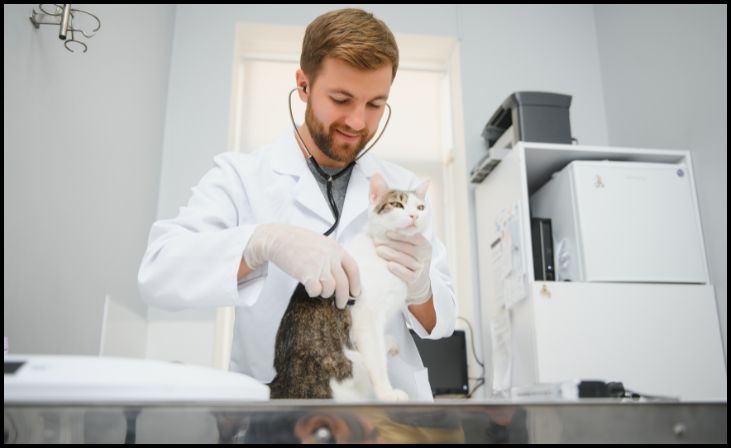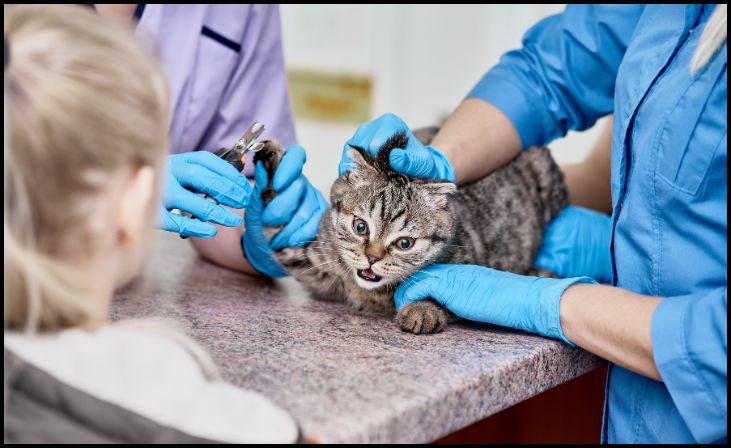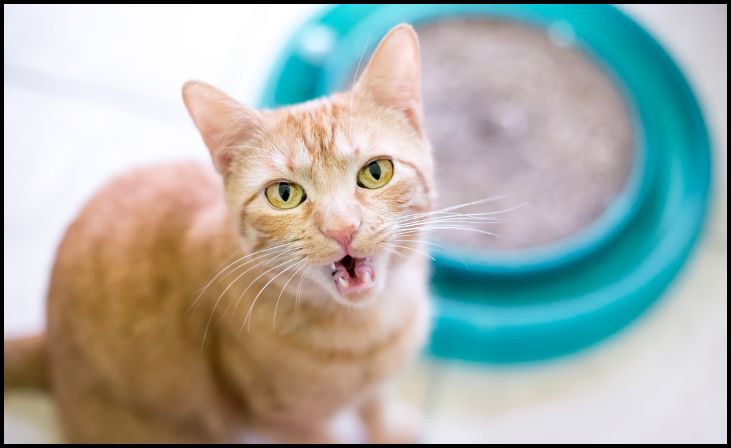Owning a cat is a rewarding experience, but it also comes with responsibilities. Cats have unique needs and behaviors that must be respected to ensure their health and happiness. To help you provide the best care for your feline friend, here are eight major things you should never do as a cat owner.
1. Never Skip Regular Vet Visits

Regular veterinary visits are crucial for your cat’s health. Even if your cat appears healthy, annual check-ups can catch potential health issues before they become serious. Vaccinations, dental check-ups, and routine blood tests are essential components of preventive care. Skipping these visits can lead to undetected health problems, which could become severe or even life-threatening. Remember, cats are masters at hiding discomfort and illness, so proactive healthcare is a must.
2. Never Use Human Medications
Administering human medications to your cat can be extremely dangerous. Many common over-the-counter and prescription drugs are toxic to cats and can cause serious health issues or even death. If your cat is ill or in pain, always consult with a veterinarian before giving any medication. There are specially formulated medications and treatments for cats that are safe and effective. Your vet can prescribe the appropriate medication and dosage tailored to your cat’s specific needs.
3. Never Neglect Their Diet
A cat’s diet plays a crucial role in its overall health and well-being. Feeding your cat a balanced diet that meets its nutritional needs is essential. Avoid giving them too many treats or human food, which can lead to obesity and other health problems. Certain human foods, like chocolate, onions, and garlic, are toxic to cats. Stick to high-quality cat food recommended by your vet, and ensure your cat has access to fresh water at all times. Regularly monitor your cat’s weight and adjust their diet as necessary to maintain a healthy body condition.
4. Never Declaw Your Cat

Declawing a cat is a painful and inhumane procedure that involves amputating the last bone of each toe. It’s akin to cutting off a person’s fingertips. Declawing can lead to long-term physical and behavioral problems, including chronic pain, difficulty walking, and increased aggression. Instead of declawing, provide your cat with appropriate scratching posts and train them to use them. Regularly trim your cat’s claws to keep them at a manageable length. There are also alternatives like soft nail caps that can be applied to your cat’s claws.
5. Never Ignore Behavioral Changes
Cats communicate through their behavior, and any sudden changes can be a sign of underlying health or emotional issues. If your cat starts hiding, becomes aggressive, stops using the litter box, or shows changes in eating or grooming habits, it’s essential to consult with your vet. Behavioral changes can indicate a range of issues, from stress and anxiety to serious medical conditions. Addressing these changes promptly can prevent more significant problems down the road and ensure your cat’s well-being.
6. Never Leave Them Alone for Too Long
While cats are often perceived as independent, they still need companionship and stimulation. Leaving your cat alone for extended periods can lead to loneliness, anxiety, and behavioral issues. If you have a busy lifestyle, consider adopting a second cat for company or arranging for a pet sitter or neighbor to check in on your cat. Make sure your home is enriched with toys, scratching posts, and safe places for your cat to explore. Interactive playtime is also essential to keep your cat mentally and physically stimulated.
7. Never Punish Your Cat Physically
Physical punishment is ineffective and harmful to cats. Hitting, shouting, or using any form of physical discipline can lead to fear, anxiety, and aggression. Cats do not understand punishment the way humans do, and physical discipline can damage the bond between you and your cat. Instead, use positive reinforcement techniques to encourage good behavior. Reward your cat with treats, praise, or playtime for desirable actions. If you need to correct behavior, use gentle redirection and provide alternatives.
8. Never Forget About Enrichment

Cats are intelligent and curious animals that need mental and physical stimulation. Neglecting to provide enrichment can lead to boredom, stress, and destructive behaviors. Enrich your cat’s environment with interactive toys, puzzle feeders, and climbing structures. Rotate toys regularly to keep things interesting. Spend time each day engaging in interactive play with your cat to strengthen your bond and keep them active. Providing a stimulating environment helps prevent behavioral issues and promotes a happy, healthy cat.
Conclusion
Being a responsible cat owner means understanding and meeting your cat’s unique needs. By avoiding these eight major mistakes, you can ensure a happy, healthy life for your feline companion. Remember, your cat relies on you for their well-being, so always prioritize their health, safety, and emotional needs.




